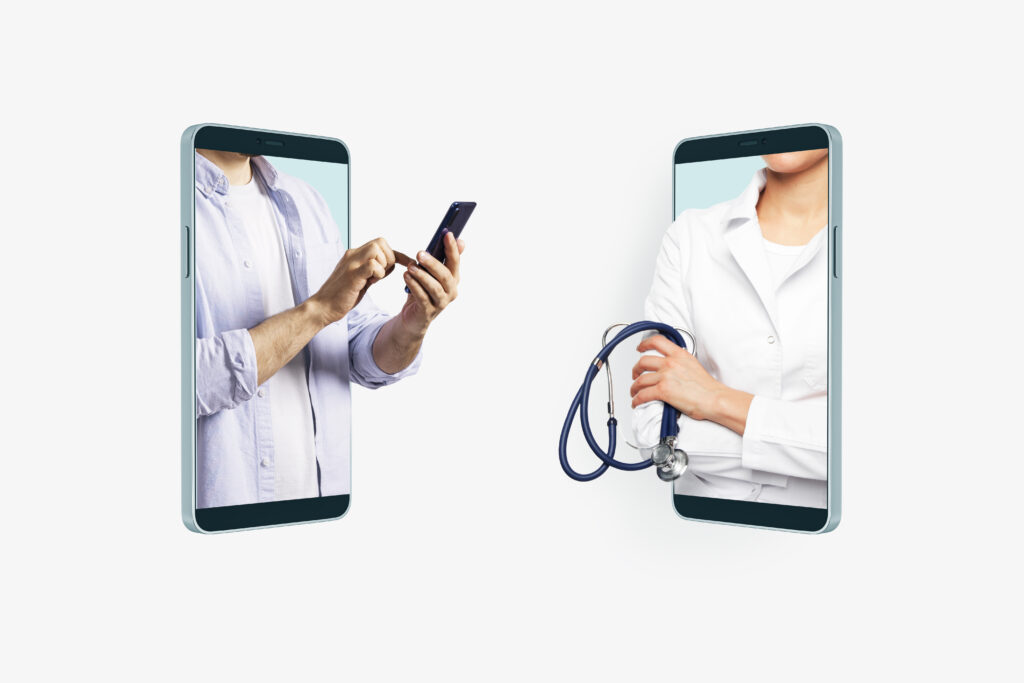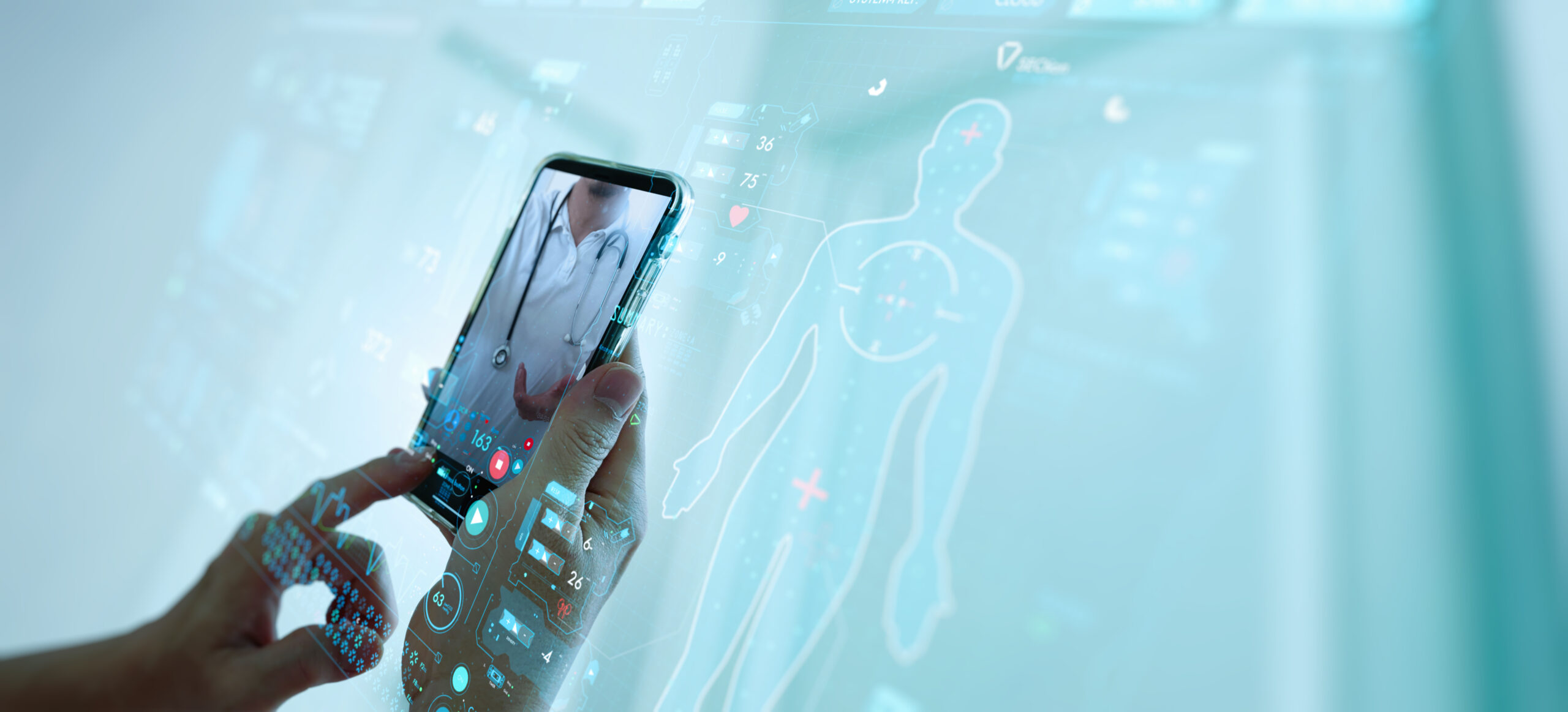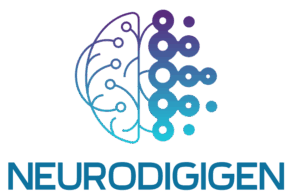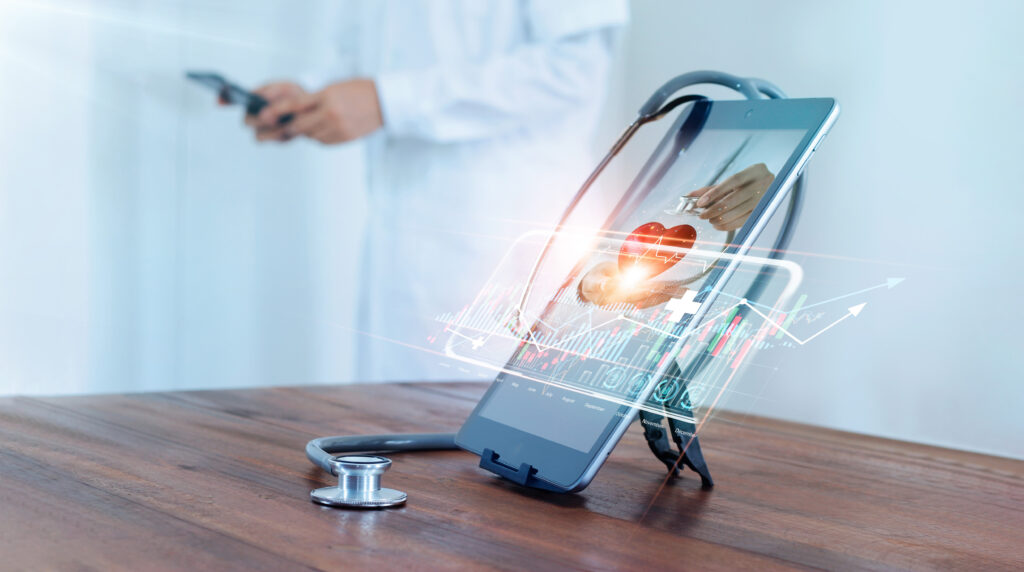📱 Mobile Diagnostics
Introduction
Mobile diagnostics refers to the use of smartphones, portable devices, and point-of-care technologies to deliver fast and accessible medical testing. Instead of waiting days for lab results, patients can now receive immediate insights into their health, enabling quicker decisions and earlier interventions. This approach is a key driver of modern, patient-centered healthcare.


Clinical Applications
Mobile diagnostics is being utilized across various fields of medicine:
Infectious Diseases: Rapid testing for conditions like COVID-19, flu, and other pathogens.
Chronic Disease Management: On-the-spot monitoring of diabetes, hypertension, and kidney function.
Emergency Care: Providing quick results in critical settings where time is essential.
Rural & Remote Medicine: Bringing diagnostic capabilities to underserved and hard-to-reach populations.
Preventive Health: Allowing patients to self-monitor and detect risks early.
Advantages
Mobile diagnostic technologies provide several unique benefits:
Quick, real-time results outside of traditional laboratories.
Portable and user-friendly devices accessible to all.
Reduced costs for both patients and healthcare systems.
Empowering patients to take an active role in their health.
Scalable solutions for global healthcare challenges.
Future Outlook
The future of mobile diagnostics lies in its integration with artificial intelligence, wearable devices, and remote healthcare platforms. Upcoming innovations will enable smartphones and handheld devices to detect complex biomarkers, monitor multiple diseases at once, and transmit data securely to healthcare providers. Ultimately, mobile diagnostics will make healthcare faster, more decentralized, and more proactive.



